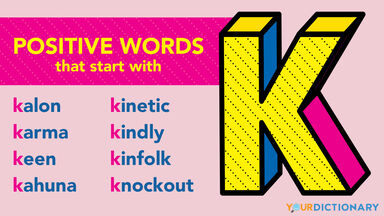N/a Definition
(text messaging) Star.
Not equal to.
(used everywhere except in the Philippines) Abbreviation of peso.
Abbreviation of dollar.
(US, Internet slang) Ass. Used to bypass swearing filters in online games.
(programming, PHP) Prefix indicating a variable.
(programming, BASIC) Suffix indicating a string.
(programming) Hexadecimal.
At a rate of (so much each)
(informal, neologism) At (any sense)
Origin of N/a
-
Abbreviation of Latin libra 'pound'. The symbol is derived from the mediaeval tradition of placing a stroke over a letter or letters of a word (in this case L) to indicate an abbreviation; when letters have ascenders like L, the stroke frequently passes through that ascender. £ is thus cognate with the pound sign #, which was similarly derived from lb with a stroke through the ascenders.
From Wiktionary
-
An adaptation of the Ancient Greek and Modern Greek letter γ (“gamma”). In Greek, γ in most contexts represents a voiced velar fricative, and has done since Koine Greek, which is why it was chosen as the IPA letter to represent that sound (in Ancient times, in Attic Greek, γ represented [ɡ], like the English g).
From Wiktionary
Typographical simplification, particularly due to the use of typewriters, thence followed in computers: rather than having separate opening (“) and closing (”) quotation marks (other keys for ″ and others), a single square key was used, to reduce the number of keys.
From Wiktionary
May derive from a Latin Io, with the I written over the o, placed at the end of an exclamation to mark it as such. The Io may either be an abbreviation for interiectiō (“interjection”), or else the interjection Iō (“hey!”).
From Wiktionary
The Italian printer Aldus Manutius established the practice of using the semicolon mark to separate words of opposed meaning, and to indicate interdependent statements. The earliest, general use of the semicolon in English was in 1591.
From Wiktionary
Reversed (backwards) version of the lowercase lunate epsilon ϵ. Introduced by Giuseppe Peano in 1889 in "Principles of arithmetic, presented by a new method" .
From Wiktionary
-
A graphic variation of the Fraktur capital letter cee, ℭ, an abbreviation of Latin Capitulo (“heading”).
From Wiktionary
-
From o/c, from No/c, an abbreviation of Italian numero per cento "number per hundred".
From Wiktionary
The ; represents two eyes vertically aligned, the lower one winking, and the ) represents a smile.
From Wiktionary
-
From SS, abbreviation for Latin signum sectionis “section sign”.
From Wiktionary
-
Originally a ligature of ng in mediaeval Icelandic.
From Wiktionary
The last three letters of the Danish and Norwegian alphabets.
From Wiktionary
Introduced by Isaac Pitman in his 1847 Phonotypic Alphabet
From Wiktionary
-
Obtained by rotating the circumflex: (ˆ) 180°.
From Wiktionary
-
Based on a or on the Greek α
From Wiktionary
-
The letter h rotated 180°.
From Wiktionary
; + )
From Wiktionary
-
Based on j.
From Wiktionary
-
Based on q
From Wiktionary





